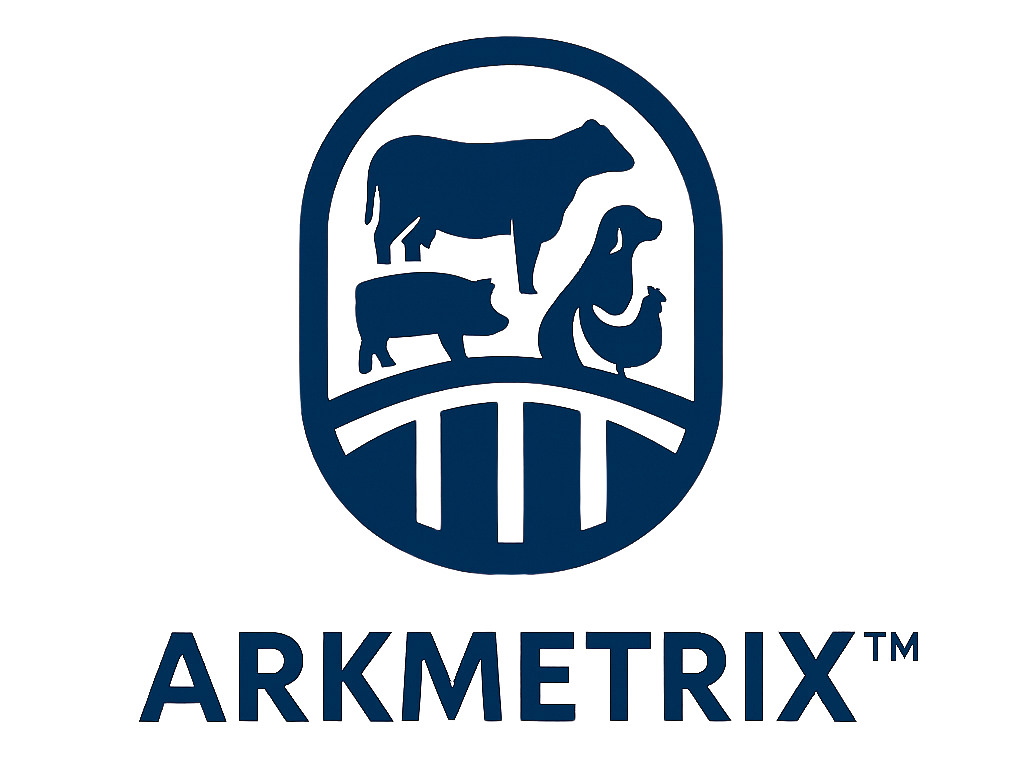How Imaging and Sensor Technologies Are Transforming Livestock and Pet Health
Using images and sensors in livestock and pets is one of the fastest-growing areas where data science can add real value. Let me break it down for you into applications and opportunities for projects.
Imaging Technologies
Computer Vision for Health Monitoring
Detect lameness in dairy cows or horses using gait analysis.
Recognize early signs of illness (e.g., respiratory issues in calves) from thermal or video images.
Body condition scoring (BCS) from images instead of manual scoring.
Behavioral Tracking
Cameras to analyze movement, lying/standing times, feeding behavior.
Detecting stress or aggression in pigs, poultry, or dogs through video data.
Pet Applications
Smart feeders using image recognition to track which pet is eating.
Weight and growth monitoring from photos/videos.
Breed or disease detection from uploaded pet photos (for clinics/apps).
Sensors in Livestock and Pets
Wearables
Collars, ear tags, or halters measuring activity, rumination, heart rate, or temperature.
For pets: smart collars tracking exercise, GPS location, and vital signs.
Environmental Sensors
Barn sensors for ammonia, CO₂, temperature, and humidity → linked to livestock comfort and disease risk.
Water quality sensors for aquaculture and pet fish tanks.
Ingestible Sensors
Boluses measuring rumen temperature or pH in cattle.
Sensors in feed or water bowls to track consumption patterns in pets.
Data Science Project Opportunities
Predictive Health Models
Combine video + sensor data to predict mastitis, heat stress, or lameness before visible signs.
Pet disease early-warning systems (e.g., heart disease in dogs).
Precision Feeding & Growth
Machine learning models predicting feed intake and weight gain using camera + RFID/sensor data.
Personalized nutrition apps for pets.
Behavior & Welfare Analytics
Deep learning models classifying behaviors (eating, sleeping, walking, abnormal activity).
Welfare scoring dashboards for farms or shelters.
Integration Projects
Fuse imaging, wearables, and environmental sensors into one decision-support system.
Develop mobile apps or dashboards for farmers and veterinarians.
Strategic Opportunities
Livestock: Dairy (health, reproduction), poultry (behavior & disease), swine (aggression & feeding), beef cattle (weight prediction & welfare).
Pets: Smart collars, tele-veterinary apps, home health monitoring.
Cross-sector: Animal welfare certification, food safety monitoring, and consumer transparency.
Reference:
OpenAI, 2025. ChatGPT version 5, accessed on September 29th, 2025, generated responses that contributed to the content of this blog.

